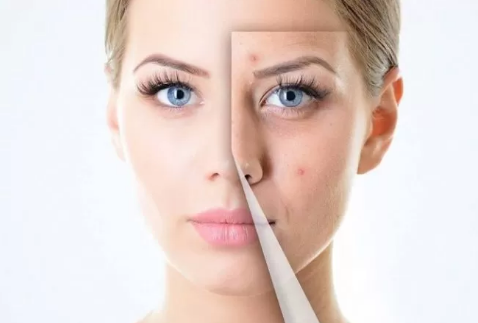A Comprehensive Guide to Choosing the Right Acne Treatment for Your Skin
Learn how to choose the best acne treatment based on your skin type and acne severity. Get a complete guide and tips on finding effective products for clear, healthy skin.
BODY HEALTHACNE TREATMENT
11/8/20242 min read


Acne is one of the most common skin issues, affecting both teenagers and adults. With so many acne treatments available, finding the right one can be overwhelming. This article provides a complete guide to help you choose the most suitable acne medication for your skin’s needs.
Types of Acne Treatments
Here are some of the most common acne treatments:
Benzoyl Peroxide
Benzoyl peroxide works by killing acne-causing bacteria and reducing inflammation. It is effective for mild to moderate acne and is often used in gel, cream, or facial cleanser form.Salicylic Acid
Salicylic acid helps clear clogged pores, preventing blackheads and new acne. It works well for oily skin or those with large pores.Topical Retinoids
Derived from vitamin A, retinoids speed up skin cell turnover, prevent pore blockages, and reduce inflammation. They are suitable for comedonal acne or persistent breakouts.Topical Antibiotics
Used to reduce bacteria and inflammation, these are often combined with benzoyl peroxide to decrease the risk of antibiotic resistance.Oral Acne Medications
For severe acne that cannot be treated with topicals alone, a doctor may prescribe oral antibiotics, oral contraceptives (for women), or isotretinoin (Accutane).
How to Choose the Right Acne Treatment
Know Your Skin Type
Acne treatments that work for oily skin may not be suitable for dry skin. Consult a dermatologist if you are unsure of your skin type.Consider the Type of Acne
For comedonal acne, salicylic acid or retinoids may be more effective. Inflamed acne may require a combination of benzoyl peroxide and topical antibiotics.Start with a Low Dose
Many acne products come in varying concentrations of active ingredients. If you are new to acne treatments, start with a lower concentration to reduce the risk of irritation.Be Aware of Side Effects
Some acne medications can cause dryness, irritation, or increased sun sensitivity. Use appropriate moisturizers and sunscreen to manage these effects.Opt for Non-Comedogenic Products
Ensure that your chosen products won’t clog your pores, especially if you have acne-prone skin.
Tips for Caring for Acne-Prone Skin
Do Not Pop Pimples: This can worsen inflammation and lead to scarring.
Use Products Consistently: Improvement takes time; use products as directed for several weeks before evaluating results.
Consult a Dermatologist: If acne persists, seek professional advice for further treatment options.
Choosing the right acne treatment requires understanding your skin type and acne condition. With this guide, you can find effective products to tackle acne issues. Consistent and appropriate skincare is key to optimal results.
